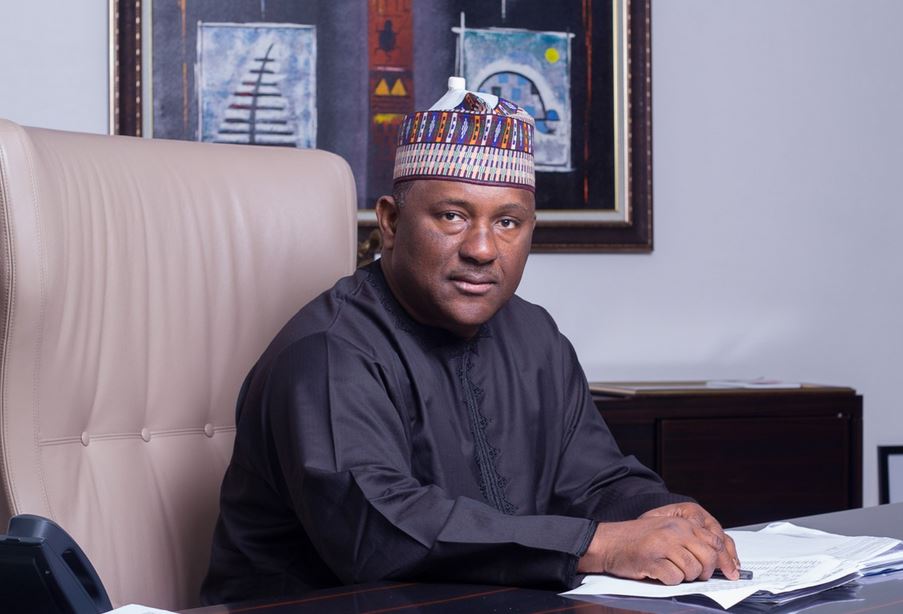BUA Boss, Rabiu Reveals People Who Frustrated Plan To Sell Cement For ₦3,500
Posted by Amarachi on Fri 30th Aug, 2024 - tori.ngAbdul Samad Rabiu, the Chairman of BUA Cement, has disclosed that the efforts by his company to reduce the cost of cement to ₦3,500 per bag in 2023, were frustrated by cement dealers.
Speaking at the 8th Annual General Meeting of the company in Abuja, Rabiu expressed his frustration over the inability to control the final market price of cement despite the company’s initiative.
According to Rabiu, BUA Cement sold over a million tons of cement to dealers at the reduced price of ₦3,500 per bag, with the expectation that these savings would be passed on to consumers.
However, he disclosed that instead of adhering to this plan, the dealers sold the cement to end-users at prices ranging between ₦7,000 and ₦8,000 per bag, significantly higher than intended.
Rabiu noted that the company ultimately had to abandon the policy, stating that their intention was not to subsidize dealers but to provide affordable cement to consumers.
He also highlighted that external factors such as the devaluation of the Naira and the removal of fuel subsidies further complicated the implementation of the pricing policy, making it unsustainable.
Despite these challenges, Rabiu reiterated BUA Cement’s commitment to exploring ways to make cement more affordable for Nigerians.
However, he emphasized the difficulty in controlling market prices once the product leaves the company’s control.
Rabiu stated, “So, a lot of the dealers took advantage of that policy. Rather than pass the low prices to the customers, they were selling at even double the price we sold to them.
“Some were selling at ₦7,000 and ₦8,000 per bag. They made a lot of money with the very high margin. I think we had sold more than a million tons at ₦3,500 before we realised what the dealers were doing.
“And then, because of the issues that Nigeria faced at the time about devaluation of the Naira last year and the removal of fuel subsidy, we could not continue that policy.
“We wanted that price to stay at that level but dealers refused. So, we could not sustain that simply because we did not want to be in a situation where we are subsidizing dealers.
“I’m referring to the point when the foreign exchange rate moved from about ₦600 to maybe ₦1,800 to the US Dollar. So, it became even more challenging and more difficult for us to actually sustain that price policy.”
He said, however, that the company had continued to work towards making sure that prices did not escalate at levels of the percentage increase of the Naira devaluation.
He further stated, “If you see the exchange rate then, and the exchange rate today, you will see that cement is actually cheaper today than what it was last year, the reason being that if the dollar was up the costs go up by same margin and the price of cement should actually be, maybe, N10,000 Naira per bag.
The price of cement, if you take the N4,000 that it was in the beginning of last year, at ₦4,000 and today’s ₦6,000, it’s only 50% increase.
“So, we directly pushed to ensure that the price of cement is not getting higher than what it is today.
“But then again, you have areas where everything is dollar-dominated. Energy is the biggest cost. And our energy today is denominated in dollars. We buy gas to power our plants mainly. And gas is priced in dollars.”
















































